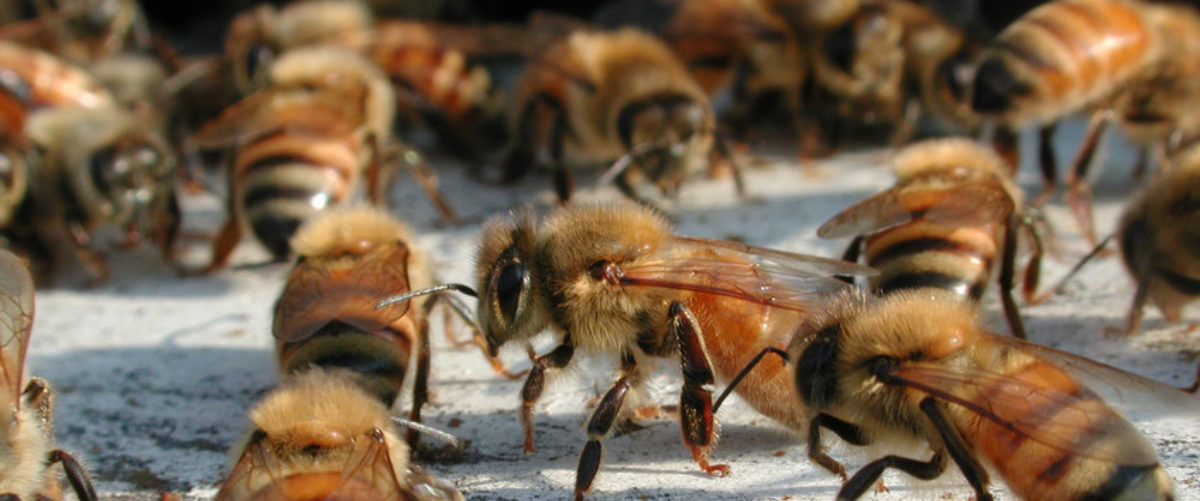Association with apiculture: State apiarist, Apiary inspector, Beekeeper, Researcher
Expertise: inspection experience, in hive and education, physiology, pests and pest management, genetics and genomics of bees and their parasites, disease diagnostics.
Needs: better education on the control of varroa, better control methods for varroa and other pests, antiviral controls. Interactions between climate, nutrition, and disease.
Please describe the policy needs in your state: pesticide application, bee imports, regulation changes are possibly in the works, regulation/registration of new treatments
Please describe the programming needs in your state. disease diagnostics,climate change, habitat, best management practices, understanding impacts of multiple factors and management methods on winter losses
Please describe the research needs in your state. climate change, habitat, best management practices, new treatments.
Describe ongoing happenings in your state (policy, programming and/or research) Testing new varroa controls (Cook), new antiviral drugs (Evans, Chen), developing Best Management Practices
What do you feel are the most pressing issues in the mid-Atlantic region? Varroa education, management and the proper use of varroa controls, overwinter losses.
Maryland has a strong beekeeping presence for our small state. The inspection program consists of 1 full time inspector and 3 part time seasonal and 2 AFB disease detector dogs. Maryland apiculture experts provide experience and education to beekeeping communities in areas of inspection, physiology, pests, and pest management. MAAREC representatives for Maryland are Mark Dykes, Coordinator of the University of Maryland’s Bee Squad; Cybil Preston, Maryland Apiary Program; Steve Cook, USDA-Beltsville; Jay Evans, USDA-Beltsville. The Cook Lab at the ARS-USDA Bee Research Laboratory in Beltsville MD tests potentially novel treatments against Varroa mites in both laboratory and field settings, monitoring the effects of treatments on both the health of colonies and efficacy against mites. The Beltsville bee lab also diagnoses bee diseases such as American Foulbrood, European Foulbrood and Nosema.
